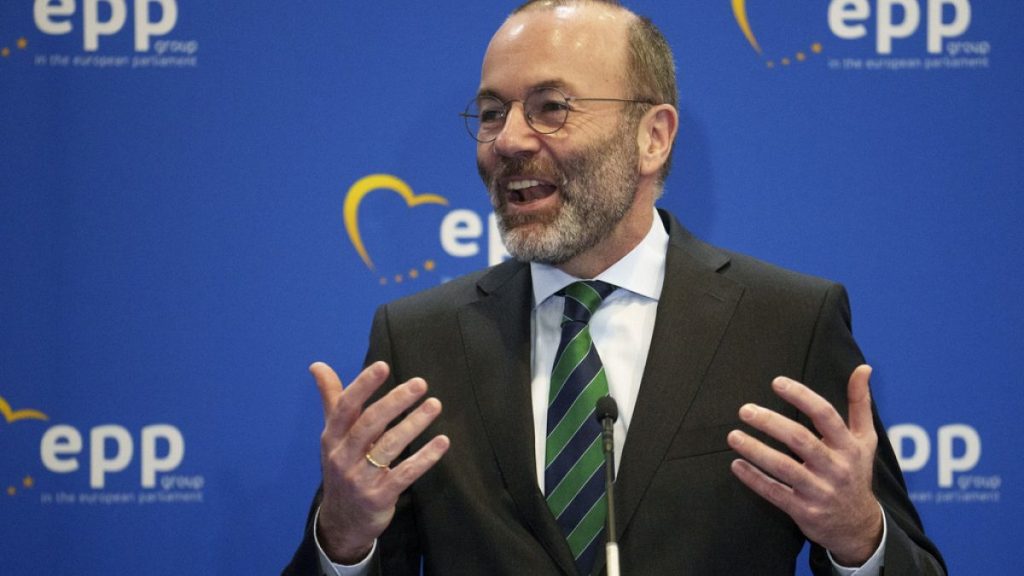Manfred Weber, the president of the European People’s Party, recently welcomed the Tisza party, a newcomer to Hungarian politics, to join the center-right EPP after their electoral gains in the European Parliament elections. The Tisza party won seven of Hungary’s 21 European Parliament seats, surpassing Hungarian President Viktor Orban’s Fidesz and Christian Democrat allies. After meeting with Tisza’s leader Peter Magyar and its members in Budapest, Weber acknowledged the party’s democratic success and congratulated them on their achievements. The EPP group leader stated that based on the qualified personalities in the Tisza party, the door is open for them to join the People’s Party group.
Peter Magyar described the opportunity to join the EPP as the beginning of a fruitful European friendship and emphasized the crucial role the EPP plays in EU decision-making. He announced that the Tisza party has worked out the technical and content details of their joint work with the EPP and planned to present their collaboration to the EPP group in Brussels. Despite the Tisza party’s initial decision to only join the EPP parliamentary group and not the alliance itself, Magyar aims for his party to operate on an anti-corruption platform and improve the quality of life in Hungary. The Tisza party’s focus on tackling state corruption and restoring democratic checks and balances poses a threat to Prime Minister Viktor Orban’s control.
Viktor Orban’s right-wing Fidesz party achieved significant success in Hungary’s 2024 EU elections but lost some support to parties like the Tisza party. Fidesz’s traditional opponents, including social-democratic and Green parties, failed to meet the threshold for entry into the European Parliament. However, the emergence of the Tisza party as a centrist alternative with a focus on anti-corruption measures indicates a growing challenge to Orban’s dominance in Hungarian politics. With Hungary set to take over the presidency of the Council of the EU in July, the political landscape within the country is shifting, and the addition of the Tisza party to the EPP group may impact decision-making processes in the EU.
Analysts predict that the EPP’s lack of a proper Hungarian member party will be resolved with Tisza’s potential membership, which could increase the number of EPP seats in the European Parliament. The seven Tisza MEPs have the opportunity to bring a new perspective and approach to EU governance, aligning with the EPP’s center-right ideology. The partnership between the Tisza party and the EPP signifies a shift in Hungarian politics towards a more centrist and anti-corruption stance, challenging the existing political landscape dominated by Viktor Orban’s Fidesz party. The Tisza party’s commitment to democratic principles and transparency resonates with European values, making their potential membership in the EPP an important development in EU politics.


